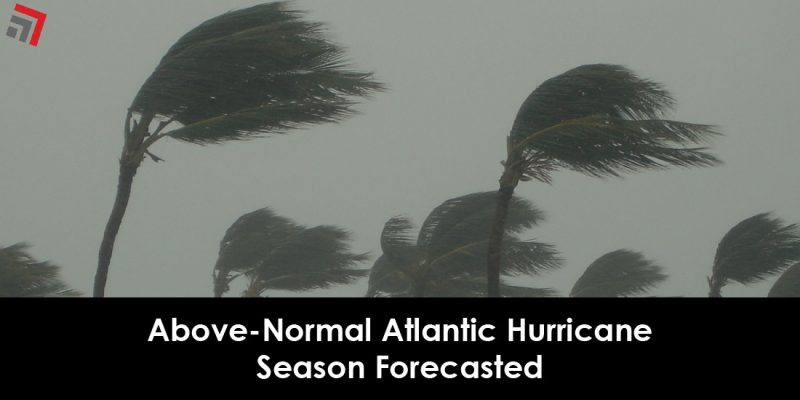Commerce Express Weekly Road Map:
July 9th, 2024
Keeping you informed on the latest news/insights in our industry.

California’s Advanced Clean Fleets Rule, Is It Impacting Cross-Border Truckloads?
Starting January 2025, fleet owners must retire internal combustion engine vehicles at the end of their useful life, per the regulation. This requirement applies to trucks entering the U.S. from Mexico.
Due to the expensive nature of electronic trucks ($100,000+), trucking operators based in Mexico are finding it difficult to adhere to California’s Advanced Clean Fleets rule, which is expected to impact trucks entering the U.S. border by 2025.
Lack of infrastructure for EVs is also an issue. Throughout the Mexico region there’s only 1,100 charging stations, per the Mexican Automobile Industry Association. Additionally, the minimum requirement to charge heavy-duty commercial trucks is 50 Kw, and it’s uncertain how many public charging stations in Mexico have 50 kW chargers.
Need reliable and efficient transportation for your Mexico truckload shipments?
Let us streamline your logistics with tailored solutions for seamless cross-border delivery.
Commerce Blog

From seaport authorities to trucking companies, all corners of the transportation sector brace for the upcoming season. If a hurricane is on the radar, preparations and alterations to the market occur in the weeks leading up to the severe weather event.
It is common for there to be a significant demand surge from shippers to get their freight moving before a major storm system makes landfall. As a result, rates become strikingly volatile, while capacity lurches. Generally speaking, a powerful hurricane trumps any other supply chain event when it comes to its short-term impact on the trucking market. This is especially true if a storm is poised to hit larger U.S. cities, the likes of which are close quarters within the densely populated Atlantic and Gulf coasts.

Diesel Update: Another week, another increase for the average price of diesel. This week that price is up 5.2 cents a gallon to $3.865, per the U.S. EIA.
Intermodal: The International Longshore and Warehouse Union (ILWU Local 1514) issued a 72-hour strike notice against DP World Canada that was set to start on July 8th at 6:30pm CST. However, that is not set to happen due to the Canada Industrial Relations Board (CIRB) ruling that strike vote by the union was illegal due to the union “failing to bargain in good faith when conducting a strike vote.”
Intermodal: Border agents in Canada have ratified a new contract, which will last through June 2026. This comes after a tentative agreement was reached on June 11th, after nine days of mediation. The new contact includes wage increases and provisions for shift scheduling and leave time.
Weather: Hurricane Beryl has made landfall in Texas. According to Freightwaves, Ports in Houston, Corpus Christi, Galveston, Freeport and Texas City paused operations and vessel traffic after the Coast Guard issued the condition “Zulu” which states all vessel movement and cargo operations are restricted, per Freightwaves. Port Houston put out an update Monday afternoon saying all Port Houston terminals will remain closed Tuesday 7/9/24. They will put out another update later today, regarding operations on Wednesday.
As we’ve noted in the past, when a hurricane is expected “there’s usually huge demand for freight to be moved before it hits. This leads to very high rates and tightens capacity.” When a hurricane or tropical storm does hit, it can create delays or have truckers reroute out of the storm’s path.
Infrastructure: U.S. West Coast ports Los Angeles and Long Beach are investing millions in charging infrastructure for EVs. Trucking interests have been asking for more investments into charging infrastructure in order to comply with rigorous zero-emission regulations in the future.




Recent Comments